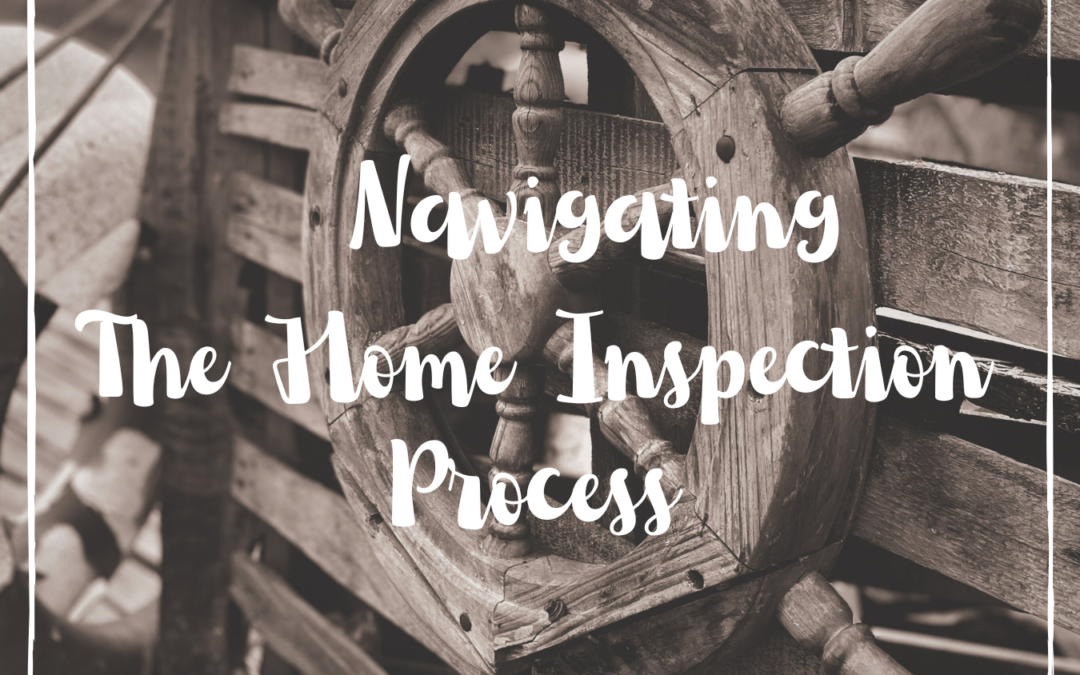The path to home ownership is a journey of anticipation and, quite often, a learning curve for many. Among the numerous steps that buyers must navigate, the home inspection stands out as a critical milestone—one that can significantly sway the decision-making process. This comprehensive guide aims to demystify the home inspection, offering buyers the knowledge and confidence needed to make informed decisions about their potential new home.
The Essence of a Home Inspection
At its core, a home inspection is an exhaustive evaluation performed by a professional to assess the physical state of a property. This examination is extensive, covering everything from the stability of the foundation to the condition of the roof, and the intricacies of plumbing and electrical systems. It’s akin to a full physical check-up for the property, intended to uncover any underlying issues that could affect the buyer’s living experience and financial investment.
The Critical Role of Home Inspections for Buyers
For those in the market for a new home, an inspection serves as a vital protective measure. It brings to light any existing or potential problems that may not be immediately visible during a standard home viewing. This process is designed to shield buyers from unforeseen expenses and complications, offering a layer of security and ensuring that they are fully aware of what they are committing to before the purchase is finalized. Essentially, the aim is to minimize surprises that could affect the livability and cost of maintaining the home, ensuring buyers can proceed with confidence and peace of mind.
Step-by-Step Through the Inspection Process
Before the Inspection: The first step involves selecting a reputable and qualified inspector. This decision should be based on thorough research, considering the inspector’s certifications, experience, and reviews from previous clients. The goal is to choose a professional who can identify the nuances of the property’s condition, providing a detailed and accurate assessment.
During the Inspection: Participation is crucial. Being present allows buyers to observe the condition of the property alongside the inspector, offering a chance to ask questions and gain insights into the significance of the findings. This interaction is invaluable, as it offers a deeper understanding of the home’s state and what it means for the buyer.
After the Inspection: The culmination of this process is a detailed report that outlines the inspector’s findings. This document is instrumental in the buying process, offering a basis for any subsequent negotiations. Whether it’s requesting repairs, adjusting the sale price, or even deciding to walk away from the deal, the information provided in the report is key to making informed decisions.
Areas of Concentration During an Inspection
The inspection covers several critical areas of the home:
Structure and Foundation: Evaluates the home’s skeletal integrity and checks for water intrusion.
- Roof and Attic: Investigates the condition and lifespan of roofing materials, insulation quality, and signs of leaks.
- Plumbing and Electrical Systems: Assesses the functionality and safety of these systems, which are pivotal to the home’s daily operations.
- Heating and Cooling Systems: Checks the efficiency and anticipated longevity of the HVAC systems, ensuring they are adequate for the home’s needs.
- Walls, Floors, and Ceilings: Searches for any damage or indicators of potential issues, such as mold or structural weakness.
Leveraging Your Home Inspection
Asking Questions
Engage Proactively: Use the home inspection as a chance to learn about the nuts and bolts of the property. Don’t hesitate to ask the inspector to clarify complex terms or to show you specific issues firsthand. It’s also wise to inquire about the longevity of major systems like the roof, HVAC, and plumbing.
Prioritize Concerns: Understand which issues are cosmetic and which are structural. Ask the inspector to help you distinguish between the two, as this knowledge will influence your decision-making process and potential negotiations.
Future Maintenance Advice: Leverage the inspector’s expertise to get tips on maintaining the home’s condition. This can include seasonal maintenance advice, potential future issues to watch out for, and recommendations for when to bring in specialists.
Understanding the Report
Comprehensive Review: Go through the inspection report with your real estate agent and possibly a contractor if significant issues are found. This collaborative review can help you understand the scope of any problems and the potential costs involved in fixing them.
Identify Deal-Breakers: Some findings may be significant enough to reconsider the purchase. Structural issues, mold, or outdated electrical systems can be costly to repair. Determine your limits in advance.
Educated Decision-Making: Use the report to make an informed decision. If the home’s issues are beyond what you’re willing or able to handle, it may be time to walk away. Alternatively, the report can give you confidence in proceeding with the purchase if major concerns are absent.
Planning Your Negotiation Strategy
Leverage Inspection Findings: Use the detailed findings from the inspection report as leverage in your negotiations. Highlighting specific issues discovered during the inspection can be a strong argument for price reductions, seller repairs, or credits at closing.
Consider a Range of Negotiation Options: Depending on the severity of the issues, consider asking the seller to make repairs before closing, requesting a price reduction, or asking for a cash credit at closing to handle the repairs yourself. Each option has its pros and cons, so weigh these carefully.
Professional Consultation for Strategy: Work closely with your real estate agent to develop a negotiation strategy that aligns with your priorities and the market conditions. If significant issues were uncovered, your agent might advise on how to proceed, whether it’s pushing for concessions or reassessing the offer price.
Additional Considerations
Future Investment: Consider the long-term implications of the inspection findings. Some issues may require immediate attention, while others might allow for gradual repair. Factor these costs into your overall budget and investment strategy for the property.
Emotional Preparation: Be prepared for negotiations to be a give-and-take process. It’s important to stay flexible and not let emotional attachment to the property cloud your judgment. Remember, the goal is to ensure that your new home is a sound investment and a safe, enjoyable place to live.
By thoroughly engaging with the home inspection process, asking the right questions, understanding the report in depth, and strategically planning your negotiations, you can significantly enhance your position as a buyer. This not only helps in making an informed decision but also in securing the best possible deal on your new home.
The Ultimate Aim
A home inspection transcends the simple act of evaluating a property; it’s a strategic step towards making a sound investment. Engaging actively in the process transforms what could be a formality into a strategic advantage. With the detailed understanding provided by a thorough inspection, buyers are positioned to make well-informed decisions, negotiate from a place of strength, and find a home that not only meets their needs but also offers security and value for the future.
Remember, the purpose of a home inspection isn’t to pass or fail a property but to furnish buyers with a clear, comprehensive picture of its condition. This informed approach ensures that you’re not just purchasing a house, but investing in a home that aligns with your expectations for safety, functionality, and comfort.







